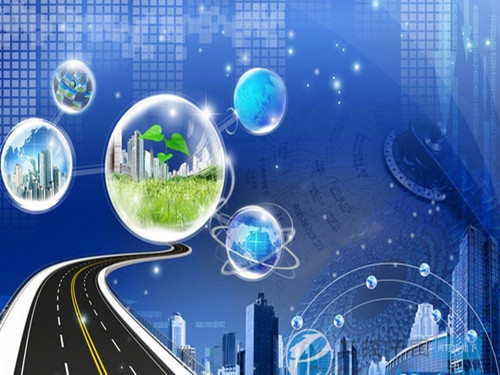What kind of city do we want in the future? As the public's need for convenient public transportation continues to grow, we need to change the way we travel and support innovative smart transportation policies. At the French Culture Center in Beijing on June 5th, he gave a lecture entitled "The Role of Intelligent Transportation in Responding to the Problems of Climate Deregulation". Alex Lovi, Director of Intelligent Transportation, Lille, France, and Claude Paris, University of Mining and Technology Prof. Lohzo Zuo introduced the importance of intelligent transportation under the vision of smart cities and low-carbon cities, and also introduced the technology, ideas and development of France in terms of traffic intelligence. Lohe left said that the changes brought about by intelligent transportation to urban life are subversive and can bring effective solutions to a series of problems such as congestion, air pollution, and traffic safety.
Product categorie of Die Casting Mould, we are specialized manufacturer in producing Aluminum Die Casting Mould, Zinc Die Casting Mould, offer Die Casting Mould R & D and manufacturing, we have the perfect after-sales service and technical support. Look forward to your cooperation!
Die casting mould industry has developed rapidly in our country, the total output growth significantly, domestic die Casting Mold production after the United States, has become the second in the world, become the veritable die-casting superpower. It can have such achievement because of our country with unique broad market advantages and relatively cheap labor force. Depend on very obvious price in the international trade market, we produced the die casting mould which occupies a bigger superiority, according to the situation, in the future Chinese die casting industry development prospects are very broad. Die Casting Mould Die Casting Mould,Die Casting Tooling,Casting Mold,High Presssure Casting Tooling Ningbo Bowang Machinery Co.,Ltd , http://en.zjbwjx.com
According to the study, the carbon emissions caused by transportation and personnel travel account for an average of 30% of carbon emissions in each country. If the carbon dioxide emitted from cars is accumulated and converted into dry ice, a dry ice film with a thickness of 1.6 cm can be formed on the surface of the earth; after each car travels for 100 kilometers, the carbon dioxide emitted is equivalent to a dry weight of 10 kilograms. In order to reform the deep-rooted environmental, energy, security, and congestion problems caused by traditional transportation, the EU's traffic patterns are undergoing tremendous changes. The French government seized the opportunity for reforms and actively promoted the development and application of intelligent transportation through the establishment of exchange platforms and taxation preferences.
Lohe left explained that in Lille in northern France, smart travel technology has brought about tremendous changes in daily traffic. In France, an average vehicle has only 1.7 users; a large amount of no-load carries a huge waste of road space, fossil energy and clean air. Lille’s solution is to establish a service area at important traffic intercept points; a rider can go to the service area to find someone willing to provide a ride. At the same time, the Lille government is promoting private car networking projects, collecting vehicle information, uploading vehicle information, and processing and calculating, gradually realizing multiple functions such as calculating the best route, reporting road conditions, and arranging signal light cycles.
However, Professor Lohz Zuo devoted to autonomous driving technology said that the vision of intelligent transportation should not stop there. With the advancement of sensing technology, GPS technology, and Internet technology, self-driving cars in science fiction have become possible. The sensor automatically controls the safety distance, speed and route between the car and the car, which can reduce the time of the vehicle on the road, solve congestion, and reduce carbon emissions. Due to the potentially huge economic benefits of self-driving cars, companies such as Google have heavily invested in the development and industrialization of autonomous driving technology. However, taking into account the immaturity of auto-car technology and the lack of relevant laws, the issue of how accidental auto-car accidents pose a number of challenges to traditional transport laws. As a result, several states in the United States have banned the use of automated cars. Regarding the concerns of local governments, Prof. Lohzeng said that a large number of social problems have also arisen when cars have replaced carriages; the government cannot stop on its own. It should adopt an open attitude and face the challenges brought by technological progress.
Some media here pointed out that the initial exploration of intelligent transportation in China is very difficult; the mobile Internet traffic APPs such as Uber and DDT have encountered issues such as industry protection and security queries. Lovi said that Uber has encountered similar challenges in France and Spain. Although the Internet taxi company can improve the transportation efficiency and bring diversity to the taxi market, it has brought substantial price impact to the traditional taxi industry. In addition, Uber and other companies often conflict with local taxi registration laws and procedures, causing a series of safety concerns. Under multiple pressures, France and Spain have banned some of Uber's services. Agence France-Presse reported on May 29 that the European Union is putting pressure on the French and Spanish governments to revoke the taxi industry protection laws.